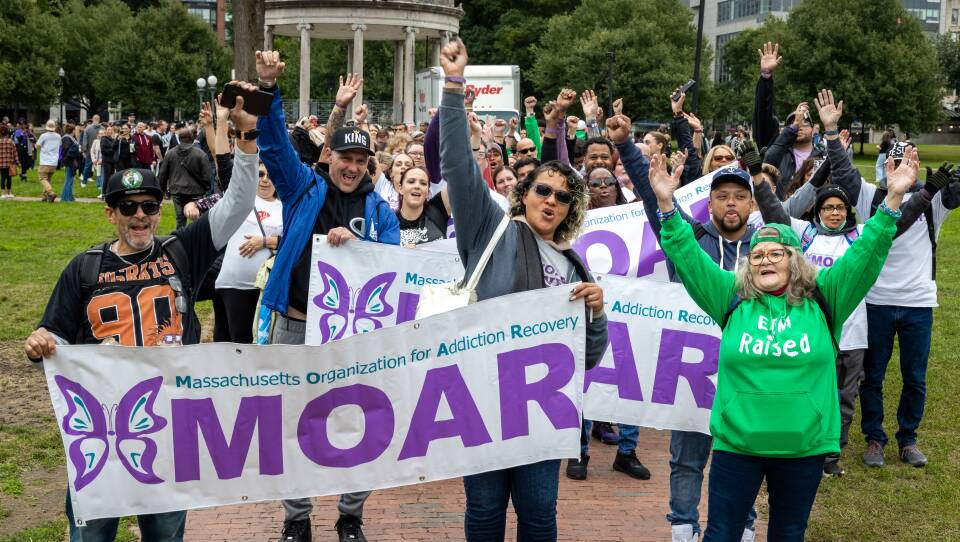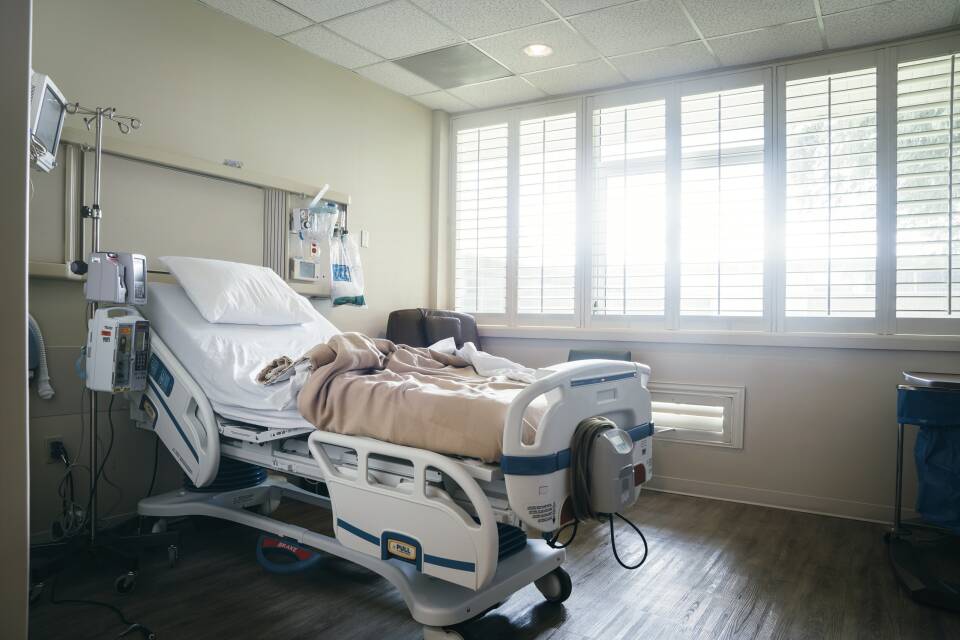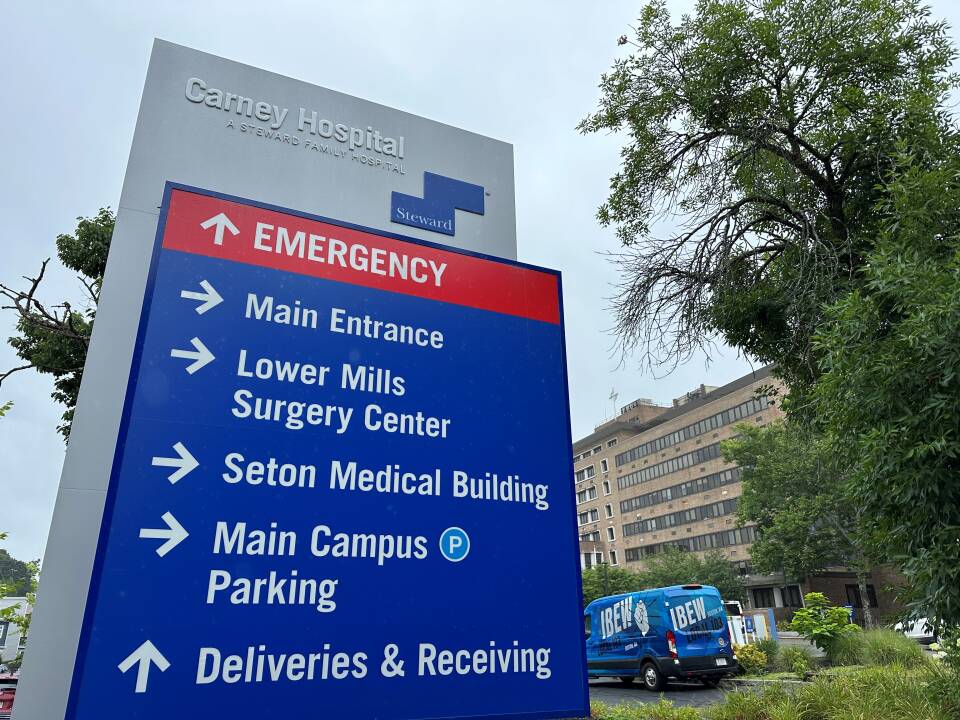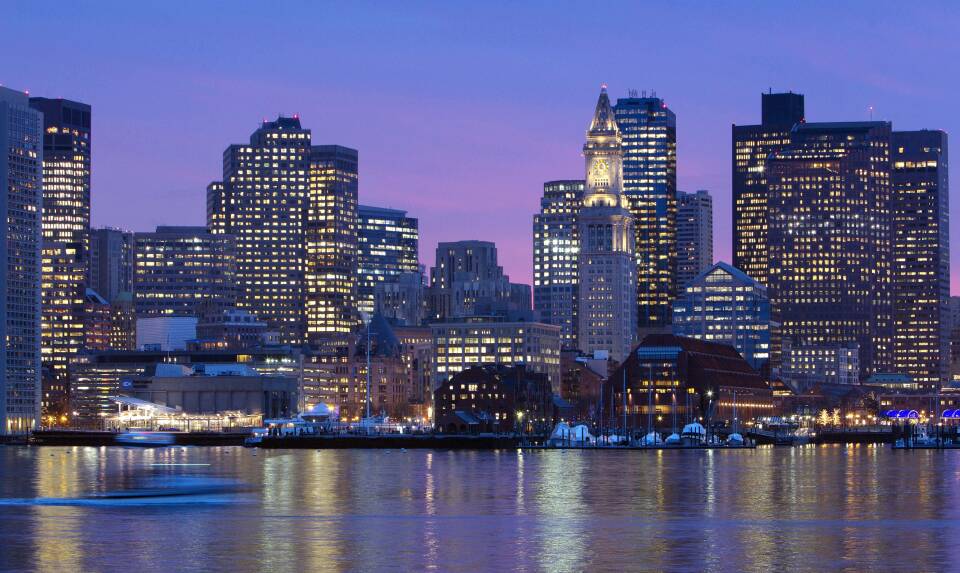Over a thousand people marched through Boston on Thursday, chanting “Hey, hey, ho, ho, recovery’s the way to go!”
The Recovery Month event, organized by Massachusetts Organization for Addiction Recovery, included a march from the Boston Common to the Shubert Theatre. Participants proclaimed personal victories, noted how far the recovery movement has come, and acknowledged the work they still see ahead.
“All of us that are here today have had some kind of problem with addiction,” said Julie Pike of Worcester. “And now here we are, coming in to show our recovery. It works, that we can get lives, we can lead and be part of the community.”
Pike said she was an alcoholic and in what she described as a very bad relationship.
“I went to jail for a little while, and when I came home, I got a recovery coach through MOAR,” she said. “And I was so grateful to have that support that they couldn’t get rid of me.”
Now Pike’s own job is coaching others in recovery. For her and for others, like Matt Gear of Central Massachusetts, there’s a comfort being with others who’ve had — and continue to have — similar experiences.
“I feel at home here,” Gear said. “I don’t feel judged and I feel welcome.”
Gear said part of why he comes to MOAR’s Recovery March and other events like it is to honor loved ones that he’s lost to addiction. But he says these events are also a good time.
“You put thousands of people together that are in recovery, that have become successful through pain and suffering — you can’t beat this,” he said. “It brings on awareness. It not only shows that recovery is possible, but it’s also fun. It’s real. And we enjoy ourselves while we’re doing it.”
Eric Coughlin of Melrose felt it was important to be here, even though being in a crowd doesn’t come naturally to him.
“It’s hard to be around people sometimes,” Coughlin said. “You want to be by yourself because of so many years by myself isolating. You know, you get used to it after a while. But it’s hard opening up to people. It just takes time. The more things you try in life, the better you get.”
Over the last 30 years, treatment for addiction has become easier to access because of legislation supporting it, said Kevin McCarthy, the board president of MOAR.
“We’re moving in the right direction. It’s improved,” he said. “But there are things that we’re just waiting on that can really make a difference to people in the recovery community.”
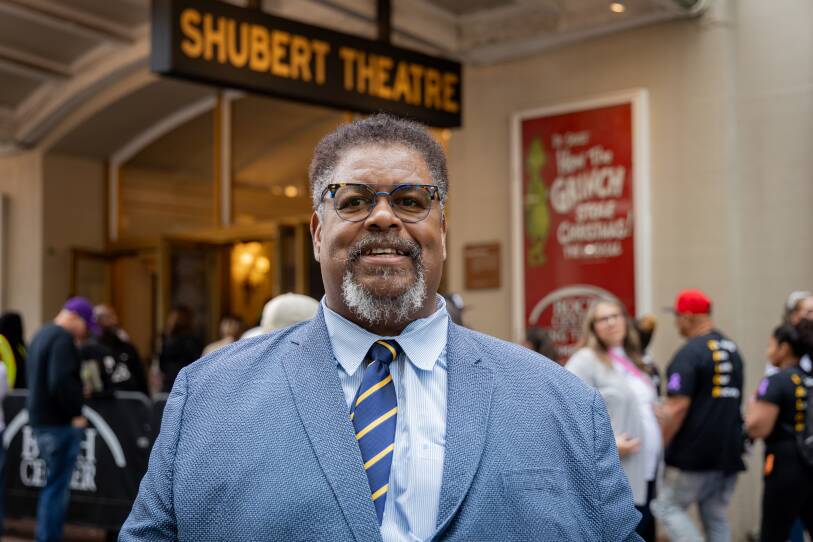
In particular, McCarthy said, his organization would like to see state legislation that would allow what he describes as safe consumption sites. Those are places where people can use illicit drugs under the watch of a medical specialist who can intervene in the event of an overdose.
“As long as it’s monitored and measured, we can do better controls to improve better outcomes for people that are using substances,” McCarthy said. “We can reduce overdoses. We can reduce accidents based on people that are high.”
There is opposition to supervised consumption sites, including from neighborhoods already burdened by illegal drug use. They say the sites are a magnet for further criminal activity.
In the last legislative session, the state Senate passed a bill allowing cities and towns to host these kinds of sites, as well as providing protections from liability, but the House did not. An addiction prevention bill is still being negotiated, but with the legislative session over, bills can only pass in informal session unanimously, and controversial provisions like supervised consumption sites are unlikely to be included.
As the crowd made its way to the Shubert Theatre, the celebration included comments from Boston Mayor Michelle Wu, who said that while addiction isn’t a choice, recovery is. And she said that takes courage and strength of character.
“So, wherever you are on that journey, I want to congratulate you on choosing to be there and being here today,” Wu said.
